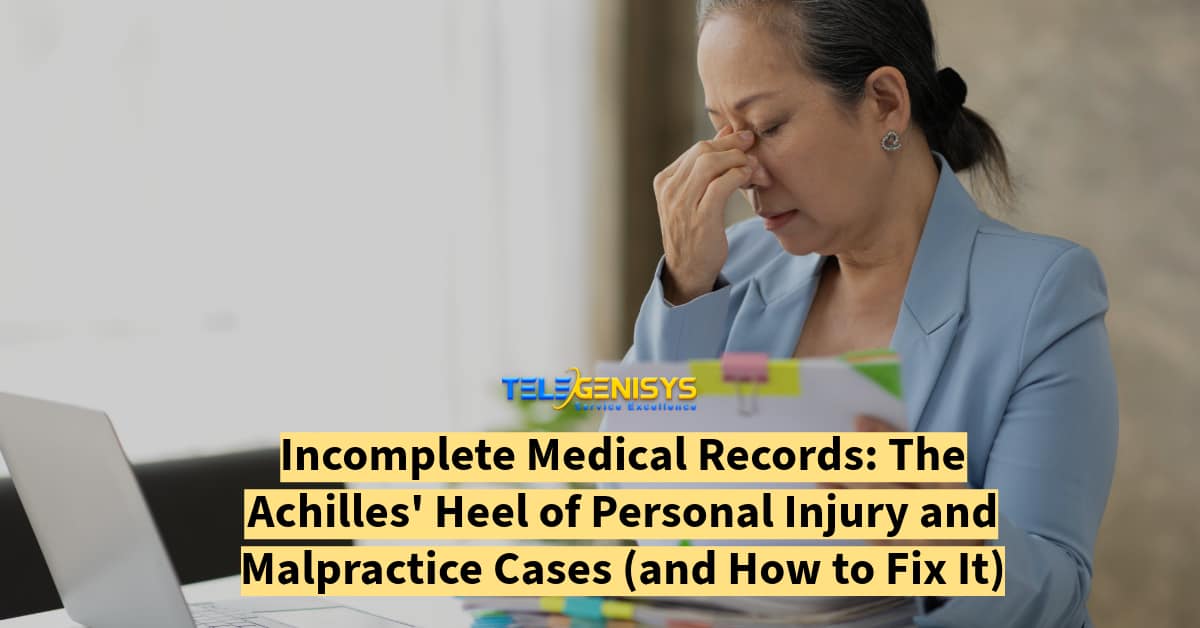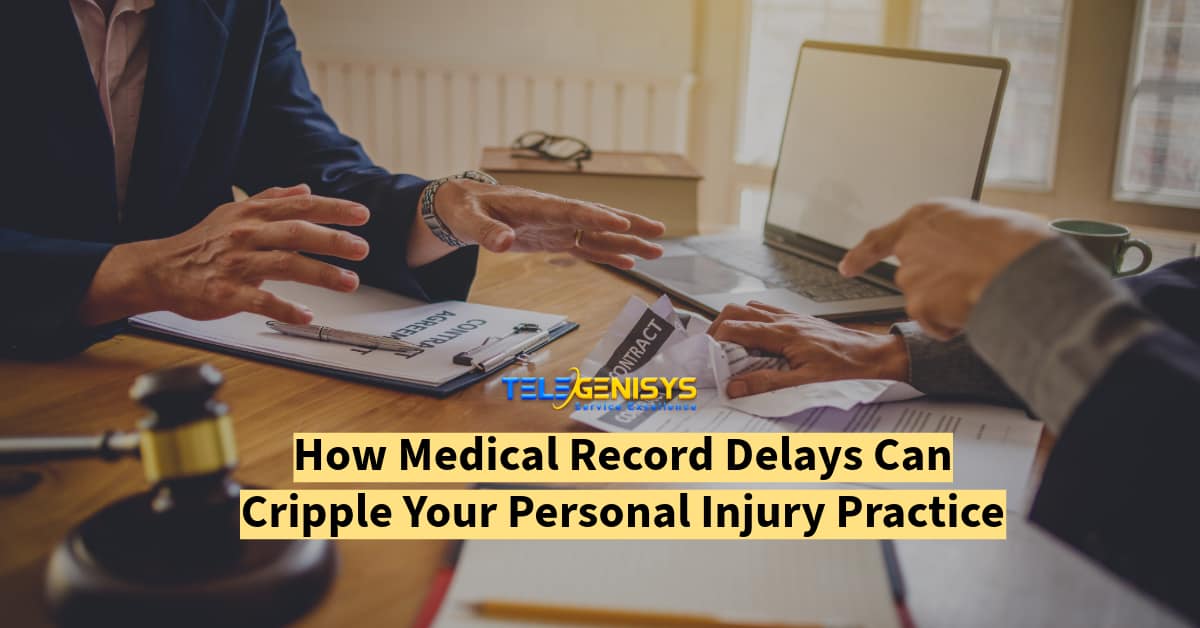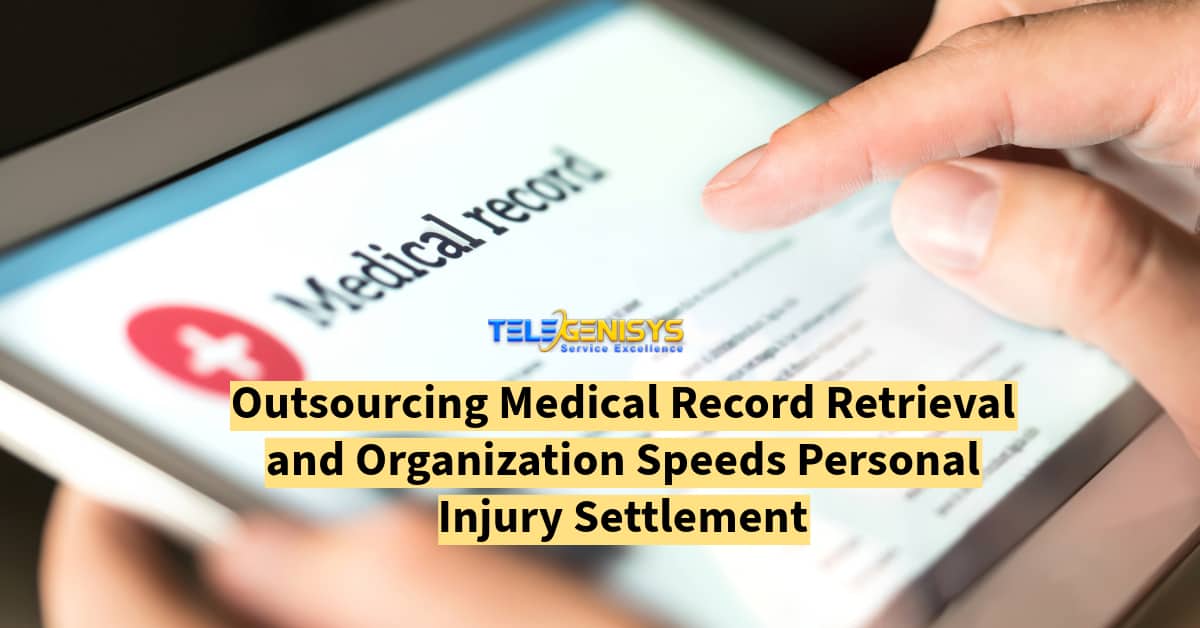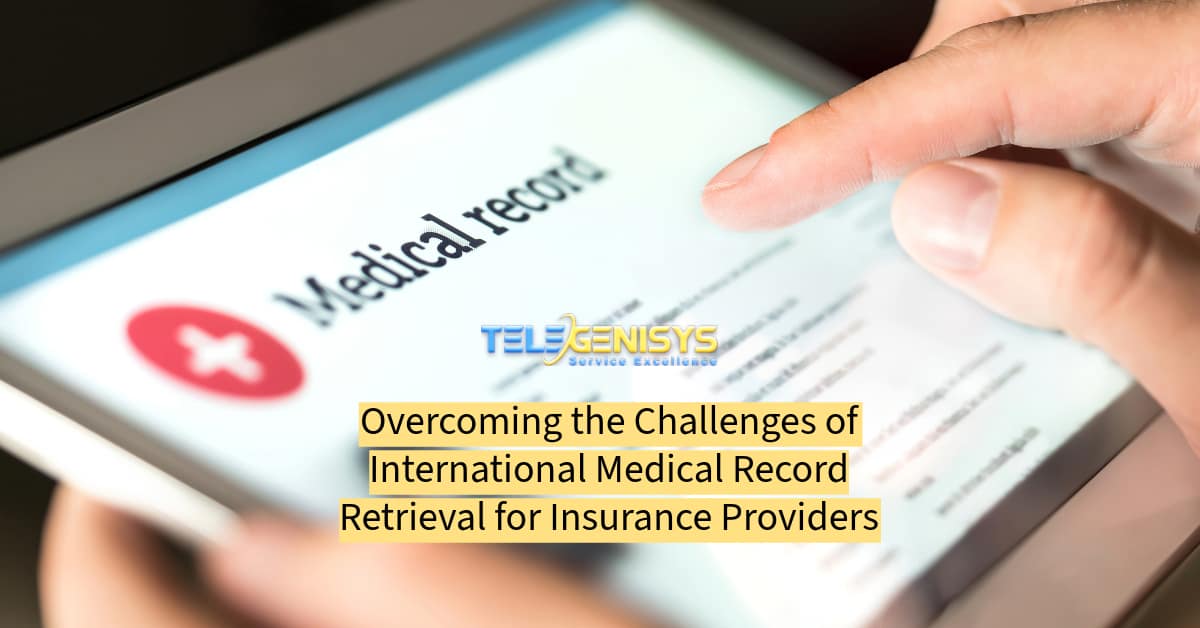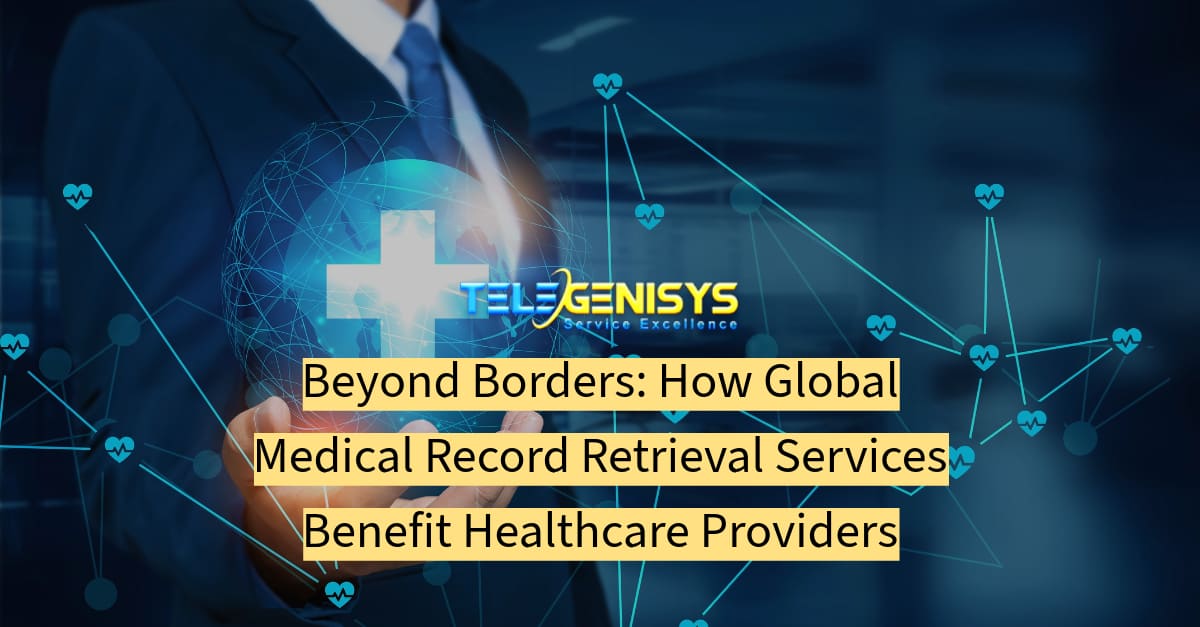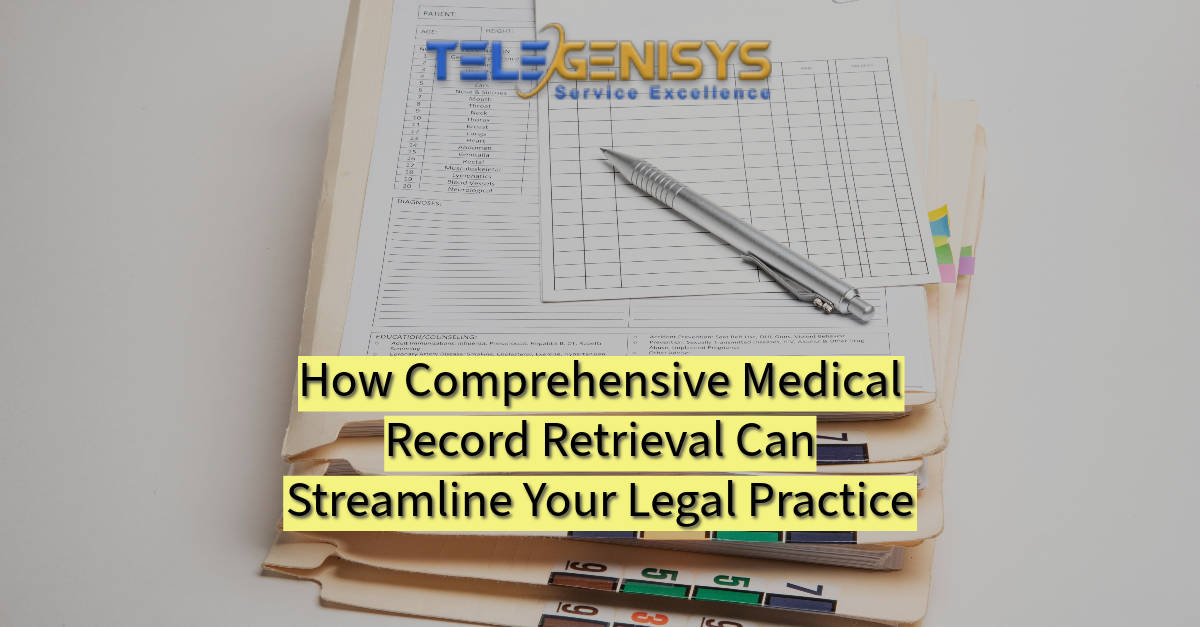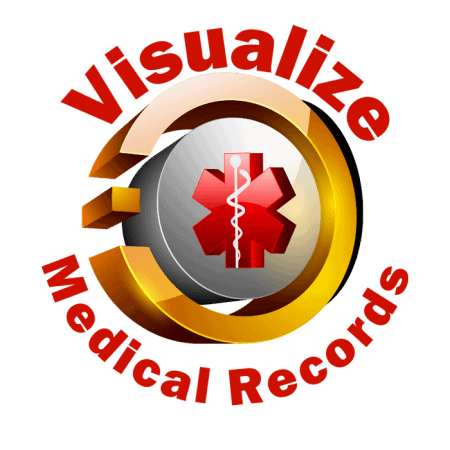Release of information
A release of information occurs when a HIPAA responsible party chooses to provide private health information to a third party that would not otherwise have access to this information. While HIPAA mandates that access to private health information be limited to healthcare providers and parties involved with medical billing, there are instances permitted in HIPAA such as the authorization to release information.
HIPAA does layout guidelines for the proper release of information. The first step required to release information in a HIPAA compliant matter is the development of a HIPAA authorization form. This form contains the party to which information is being released, the nature of that information, and the duration for which that information will be available. The release of information becomes authorized once the patient provides their signature.
If these standards are not adhered to, the unauthorized release of information could result in a HIPAA violation. Such a violation could result in fines and other penalties.

 Telegenisys managers host moderated blogs with updates weekly or more often. We hope you will enjoy our blog streams.
Telegenisys managers host moderated blogs with updates weekly or more often. We hope you will enjoy our blog streams. 